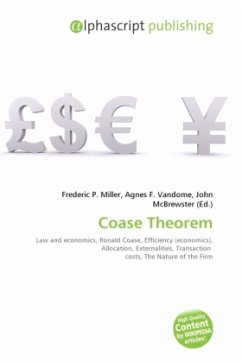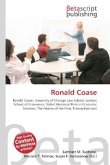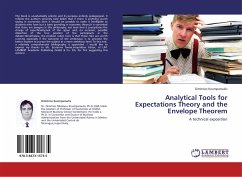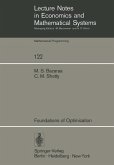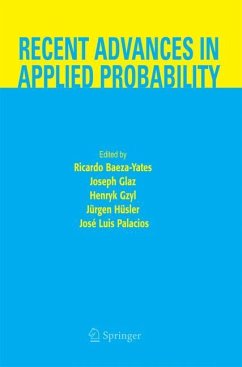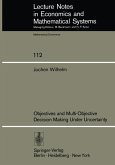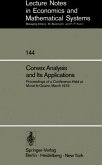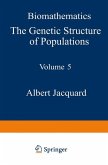In law and economics, the Coase theorem, attributed to Ronald Coase, describes the economic efficiency of an economic allocation or outcome in the presence of externalities. The theorem states that when trade in an externality is possible and there are no transaction costs, bargaining will lead to an efficient outcome regardless of the initial allocation of property rights. In practice, obstacles to bargaining or poorly defined property rights can prevent Coasian bargaining. This theorem, along with his 1937 paper on the nature of the firm (which also emphasizes the role of transaction costs), earned Coase the 1991 Nobel Prize in Economics. The Coase theorem is an important basis for most modern economic analyses of government regulation, especially in the case of externalities. George Stigler summarized the resolution of the externality problem in the absence of transaction costs in a 1966 economics textbook in terms of private and social cost, and for the first time called it a"theorem."
Bitte wählen Sie Ihr Anliegen aus.
Rechnungen
Retourenschein anfordern
Bestellstatus
Storno

